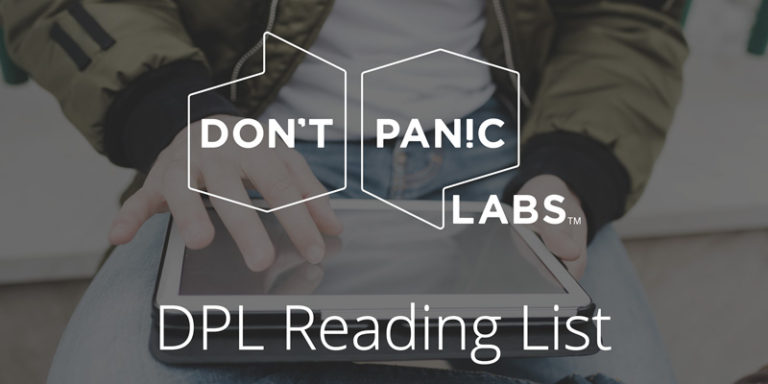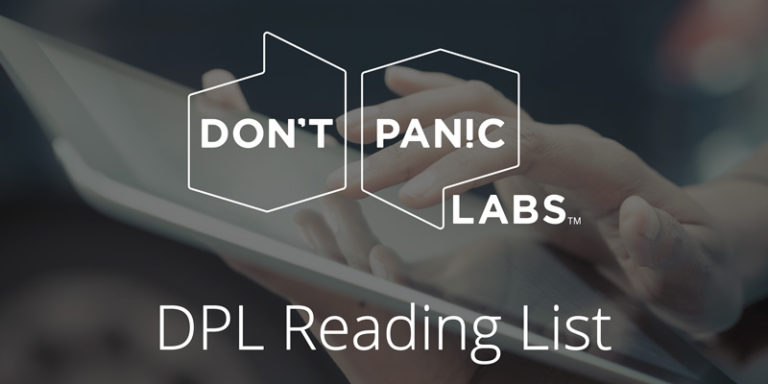
DPL Reading List – September 30, 2016
Here are some of the articles we’ve been reading around this office this week.
Live Asynchronously – “If your job requires even an ounce of creativity, you’ll do your best work in one of these flow states. And yes, you can reach a flow state in an open plan office, with noise cancelling headphones cranked up to 11. But it’s a lot easier when you’re in a quiet, comfortable room by yourself. So Mihaly figures out that task switching utterly devastates your productivity. Something as mundane as getting a text message about dinner will completely wipe out all those things you’re juggling in your working memory. It will knock you out of your flow state.”
The first rule of prioritization: No snacking (Thanks to Jarrod Wubbels for recommending this article) – “The high-effort, high-impact work reflects the strategy you’re deliberately deploying. Everyone’s favorite quadrant is the low-effort, high-impact stuff. But when you continually pick the low-hanging fruit, the branches will stop growing, so this work dries up quickly as your product and team matures. Most startups are sensible enough to avoid the high-effort, low-impact work, so it’s the last quadrant that’s worth talking about. It’s the low-effort, low-impact work that can kill you, because it’s so attractive. Hunter refers to it as “snacking”. It feels rewarding and can solve a short term problem, but if you never eat anything of substance you’ll suffer.”
How Google obliterated my 4 year old Chrome extension featuring 24k+ users (Thanks to Brian Zimmer for recommending this article) – “After 3 months of trying everything I could think of, I give up. I don’t think I will ever develop anything for the Google ecosystem again. I’m not angry, I’m not doing this out of spite. I just don’t think it is worth it to invest any amount of effort to build something on a platform that turned out to be so unreliable.”
It’s more than just “teach kids to code” – “There’s a much more powerful vision of “computer science for all” that can address all of the concerns raised by the current state of technology and tech companies. Technology literacy, and a strong basis in computer science, can be a powerful way to empower the most marginalized, most needy people in society.”
Minimize Design Risk by Focusing on Outcomes not Features (Thanks to Jarrod Wubbels for recommending this article) – “Despite the increase in design awareness, many apps and websites fail because they solve problems that nobody cares for. Before you decide on specific products and features, you should know the problem you need to address. Otherwise, you’re taking huge risks in building the wrong things.”
Avoiding Organizational Debt – “Like the notion of “technical debt,” which is the accumulation of old code and short-term solutions that collectively burden the performance of a digital product over time, organizational debt is the accumulation of changes that leaders should have made but didn’t.”
Research: Yes, Being Helpful Is Tiring (Thanks to Brian Zimmer for recommending this article) – “We found that daily helping had both positive and negative consequences for helpers. Helping was associated with positive emotions, which then enhanced helpers’ sense of energy as well as their satisfaction and commitment to work that day. At the same time, helping interfered with helpers’ own progress at work, depleted their inner resources, and hurt their job satisfaction and commitment. The positive effects of helping were more pronounced for people who are risk seeking, enjoy challenging themselves, and are motivated by the possibility of reward, whereas the negative effects of helping were more pronounced for people who are risk averse, prefer avoiding mistakes, and are motivated by preventing harm.”



